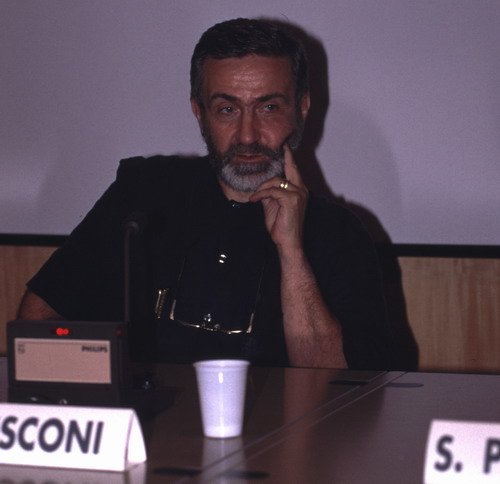Remembering freedom
‘The history of Palestinian archaeology can be divided into four basic periods: 1) the time of the pioneers, initiated by the American E. Robinson (1838 and 1872), a trial phase which ended with Flinders Petrie’s first scientific excavations at Tell el-Hesi in 1890; 2) the foundation of several scientific organisations, master-minded by the dominican L.H. Vincent from the École Biblique between 1890 and the beginning of WWI; 3) the period between the two World Wars, a peaceful time for Palestine (at least until 1936) during which excavation techniques reached a remarkably high level; 4) the period from the end of WWII until today. Despite the difficult political situation affecting the area, the archaeological activity has been extended and perfected, to the point that today there exist at least one hundred sites where excavations have taken place and are still being carried out in order to shed light on the complex cultural, political and social history of Palestine. This exhibition offers a taste of the results of a hundred and fifty year-old archaeological activity, and tries to establish a contact with a geographical area which has seen the birth of ancient civilisations, and which still is the fulcrum of the three great monotheistic religions: Judaism, Christianity and Islam. In the land of Palestine, the background to the history of the patriarchs of Israel, David’s kingdom and the prophets’ activity, as well as the mission of Christ and that of the early Church, Muslims, Christians and Jews have their cultural and religious traditions. The exhibition proposes a reflection on the sources of the religious attitudes of a large part of the people of today.’










